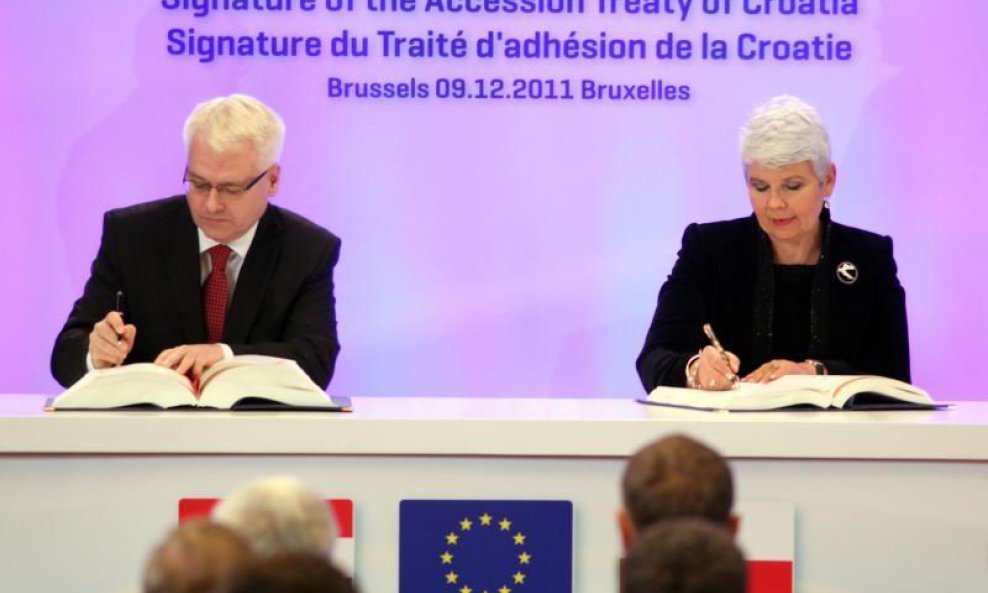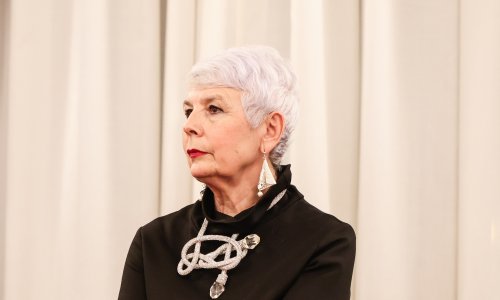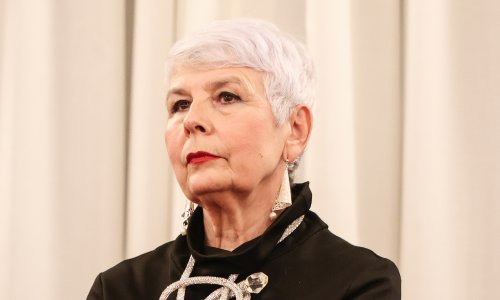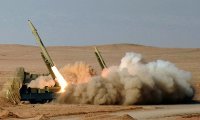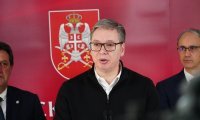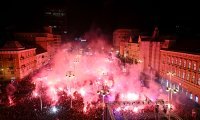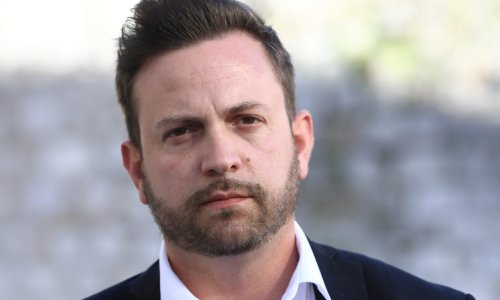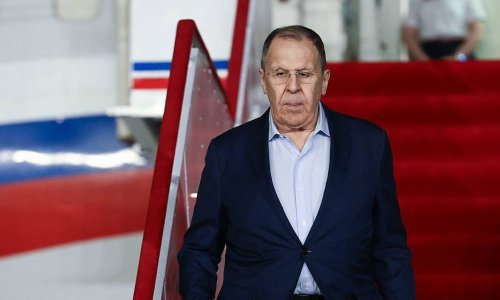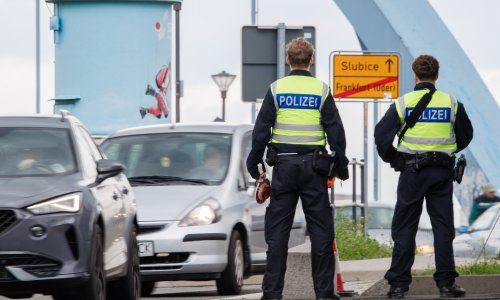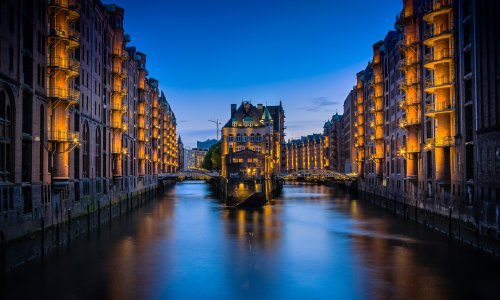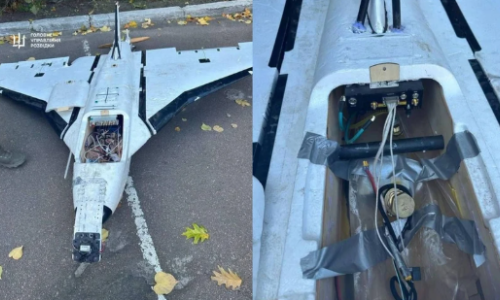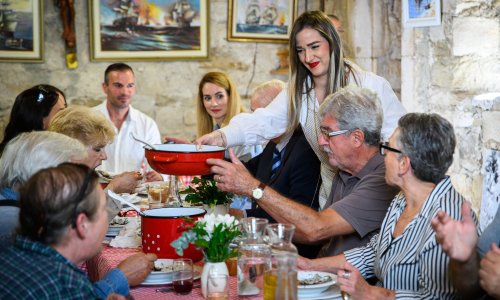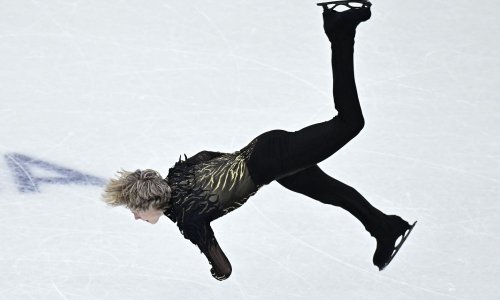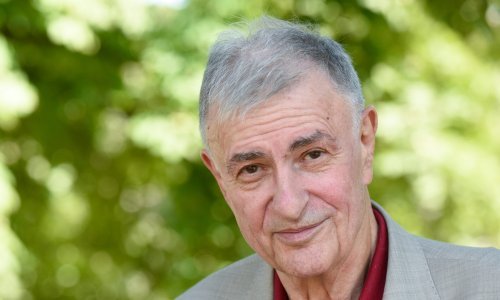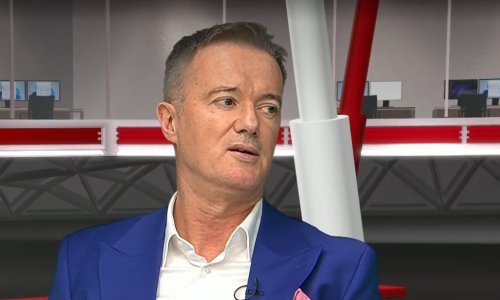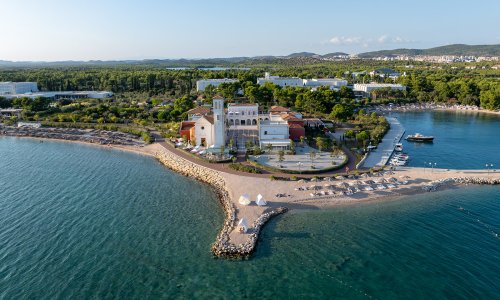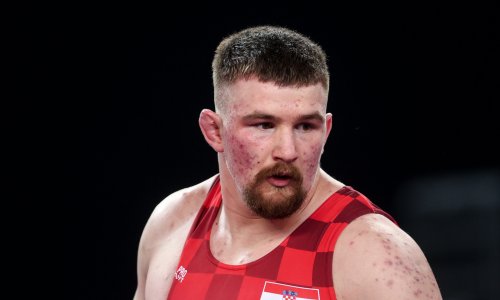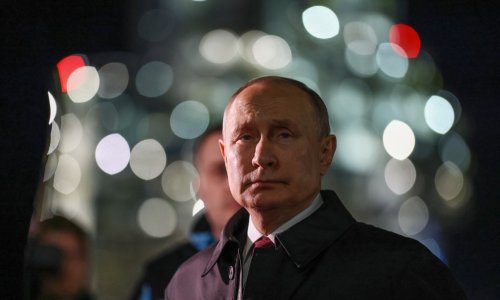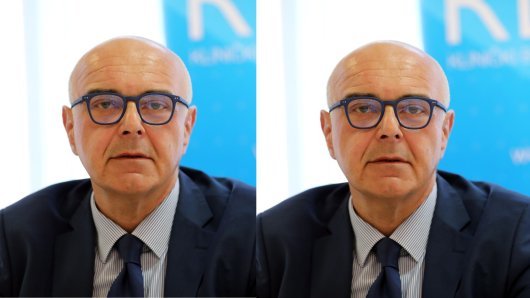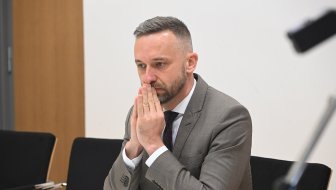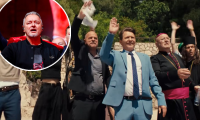Croatia on Friday signed the Treaty of Accession to the European Union, and the signing ceremony in Brussels paved the way for the country to become a full member of the EU in one and a half year's time, after the ratification of the treaty in Croatia and the EU member-states.
With signatures put on the document by 27 EU member-states' leaders, Croatia's President Ivo Josipovic and Prime Minister Jadranka Kosor, Croatia changed its status of a candidate country to that of an acceding country.
Josipovic and Kosor signed the treaty at 1033 hours, which was welcomed by a round of strong applause. The two Croatian top officials then congratulated each other by shaking hands.
The first country to sign the document was Belgium and the last the United Kingdom.
The ceremony started at 1025 hours and lasted exactly 20 minutes. The heads of state or government of the EU members congratulated Josipovic and Kosor as they were walking to the table at which the treaty was being signed. The only country that was not represented by its president or prime minister was France, whose President Nicolas Sarkozy authorised European Affairs Minister Jean Leonetti to sign the agreement.
Apart from the Accession Treaty, also signed was the Final Act, a final political document of the intergovernmental conference which includes everything that was agreed upon during the negotiating process.
Reporters covered today's ceremony from the atrium were the message "Welcome, Croatia" was displayed on monitors in all EU official languages. Also shown on monitors was a video of Croatia's scenery and landmarks.
The treaty stipulates that Croatia will join the EU on 1 July 2013. Before that, an EU entry referendum will be held in Croatia and the treaty will be ratified by all EU member states.
In the ratification process, Croatia will be informed and consulted about new laws to be adopted by the EU, and it will also be able to contribute to the elaboration of those laws.
Addressing the ceremony, President Josipovic said this was a historic event whose importance was equal to that of the Croatian parliament's decision to declare the country's independence.
"We are witnessing a historic event, the signing of the Accession Treaty is an event which in terms of its importance for Croatian citizens equals the parliament's decision on Croatia's independence," Josipovic said after addresses were made by the hosts of the ceremony - European Council President Herman Van Rompuy and Prime Minister Donald Tusk of the EU's current president Poland - and European Commission President Jose Manuel Barroso and European Parliament President Jerzy Buzek.
"After 20 years, modern Croatia has returned to the political and cultural space to which it belongs," Josipovic said.
The Croatian president said he was honoured to be representing Croatian citizens, but that he also felt deep humility, respect and gratitude because Croatia was the first newcomer in the EU that had to overcome the difficult legacy of war.
"With Europe, Croatia is richer, and with Croatia, Europe, too, is richer," Josipovic said, stressing that Croatia was not giving its hard-won sovereignty over to the EU but was investing a part of it into the EU.
The accession process in Croatia is not over yet, we will persevere in reforms and in the full implementation of European law, Josipovic said, adding that Croatia's new government can and must continue with the reforms with new enthusiasm.
Josipovic thanked the government led by PM Kosor and the country's negotiating team and experts as well as the Croatian parliament and the European Commission and EU member-states and other protagonists, including the media, in the negotiating process.
The signing of the Accession Treaty is the crown of the country's efforts to gain recognition for its position in the international community and Croatia is returning to the family of European nations where it has always belonged, PM Kosor said in her speech.
"The signing of the treaty is the climax of our international recognition, and the country's EU membership marks the completion of a transformation process," Kosor said, thanking all who participated in negotiations between Zagreb and Brussels.
The PM recalled that Croatia's accession negotiations were much more complex than the previous ones, adding that Croatia's example was proof that reforms paid.
Croatia is opening the door to the EU also for other countries in the region, she said, adding that Croatia would share its experience with its neighbours.
Croatia is aware of all problems the EU is faced with and knows that solutions can be found through joint decisions, she said.
"Croatia is a new reliable partner willing to help."
"Croatia is returning home, to the family of European nations where it has always belonged, and the Croatian language is becoming the 24th official EU language," Kosor said, expressing confidence that Croatians would support the country's EU entry in a referendum by a vast majority.
"I am proud to greet my Croatia, from Vukovar to Dubrovnik. I am proud to be a part of this historic moment. Long live our only and eternal Croatia, long live and prosper the European Union," Kosor said concluding her address.
European Council President Van Rompuy and Polish PM Tusk, who were the hosts of today's ceremony, congratulated Croatia on its great accomplishment.
"Today is a historic day for Croatia and for the European Union," the European Council president said in his speech before leaders of EU member states and Croatia who gathered for today's ceremony.
"Croatia is set to become the 28th member of the EU," Van Rompuy said.
He added that Croatia's accomplishment showed all other countries in the region that hard work and perseverance cleared the way to EU membership.
Croatia has shown that the future of the Western Balkans lies in the EU, he added.
This is not the end of the process. Croatia now begins working as an observer, starting with its presence at today's session of the European Council, he added.
Polish PM Tusk expressed a sincere welcome to Croatia in the European family.
Croatia has shown resolve, ability, courage and a high level of competence, he said, adding that Croatia's path to the EU was more difficult than the paths of other members.
European Commission President Barroso and European Parliament President Buzek joined in congratulations to Croatia, praising it for having done a great job on its road towards the EU.
Barroso said that today's event was a great achievement for Croatia, adding that Europe was paying tribute to Croatia, its people and its leaders for being committed to the joint European goal.
He said that Croatia had met strict conditions and was now a different country from the one that applied for EU membership 10 years ago.
Croatia is the best proof of the transformative power and success of our enlargement policy, Barroso said.
Buzek expressed hope that the support which Croatia had received in the European Parliament last week when MEPs gave a green light to Croatia as the 28th EU member, would be repeated in Croatia's EU entry referendum.
Buzek said he was looking forward to hearing the Croatian language as the 24th official language at the parliament's plenary sessions.
Both Barroso and Buzek said the admission of Croatia to the EU did not mean the end of EU enlargement and that the example of Croatia sent a clear signal to other countries in the region.
Despite the crisis, our goals remain the same, Barroso said.
Buzek said that Croatia was a model to other countries in the region.
President Josipovic signed the documents with a fountain pen awarded to the officials for this occasion, while PM Kosor signed them with a fountain pen presented to her as a gift by Pope Benedict XVI.



